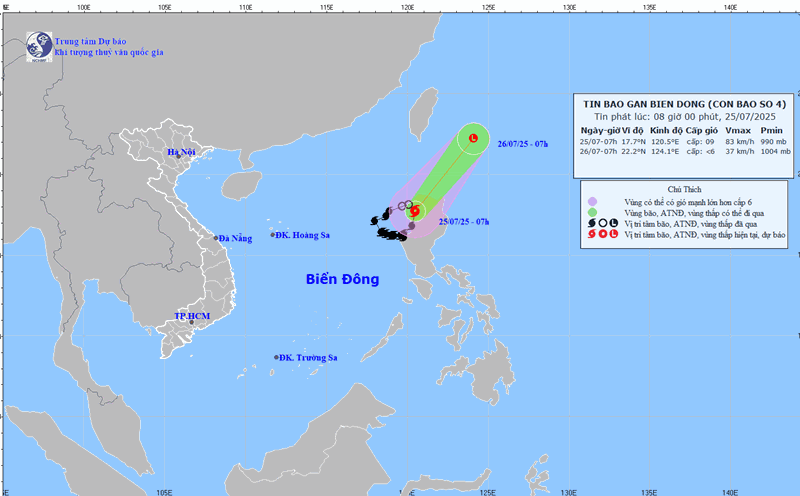This green tea powder is known for its high antioxidant content, ability to increase metabolism and even support digestive health. So can using too much matcha cause diarrhea?
The answer depends on how you use matcha as well as your personal health, says Dr Archana Batra, a nutritionist and diabetes educator in India. Matcha is rich in antioxidants and fiber, which can be beneficial for digestion. But consuming too much, especially in people who are sensitive to caffeine or fiber, can have the opposite effect," she explained.
Health benefits of matcha
Matcha is made from pure Camellia sinensis tea leaves, allowing users to absorb all the nutrients, including:
Powerful antioxidants: Matcha contains catechins, antioxidants that can help fight inflammation and protect cells.
Supports metabolism: A study in Current Research in Food Science shows that matcha can promote fat burning, supporting weight loss.
Increased concentration and alertness: Thanks to the L-theanine content, matcha helps relax without causing sleep, Dr. Batra shares.
Support detoxification: playfully in matcha helps purify the body, improve liver and intestinal function.
So does matcha cause diarrhea?
Matcha is not the cause of diarrhea in all cases, but some factors may contribute:
Caffeine stimulates digestion: A serving of matcha contains about 70mg of caffeine. For sensitive people, this can be the cause of loose stools or abdominal pain," says Dr. Batra.
High fiber content: Matcha contains fiber, if suddenly added to the diet, it can cause bloating, flatulence or diarrhea.
Product quality: Poor matcha may contain impurities or additives that irritate the digestive system.
Ingredients: Many people use matcha with milk, syrup or ice cream, which can be more difficult to digest than matcha. According to the World Health Organization (WHO EMRO), this additive can cause digestive disorders.
How to drink matcha safely
Start with small amounts: If you are new to the situation, you should drink half a teaspoon/day and gradually increase it.
Drink enough water: Caffeine can cause dehydration, so it is necessary to replenish enough water throughout the day.
Listen to your body: If you have unusual symptoms such as abdominal pain, diarrhea or nausea, reduce your intake or stop drinking.
Who should be cautious with matcha?
Pregnant and breastfeeding women: Due to caffeine, you should limit the use of too much matcha. Pregnant women should control their caffeine intake from all sources, including green tea, recommends obstetrician and gynecologist Sadhna Singhal Vishnoi.
People with bowel disease: People with irritable bowel syndrome (IBS) or enteritis should consult a doctor before using matcha.
People on special medications: Matcha can interact with liver-tablet metabolism drugs or affect blood pressure and cardiovascular disease.
Matcha is a healthy choice if consumed properly. However, we should not " sanctify" and abuse. If you experience diarrhea or digestive discomfort after drinking matcha, adjust your intake or consult a health professional.








